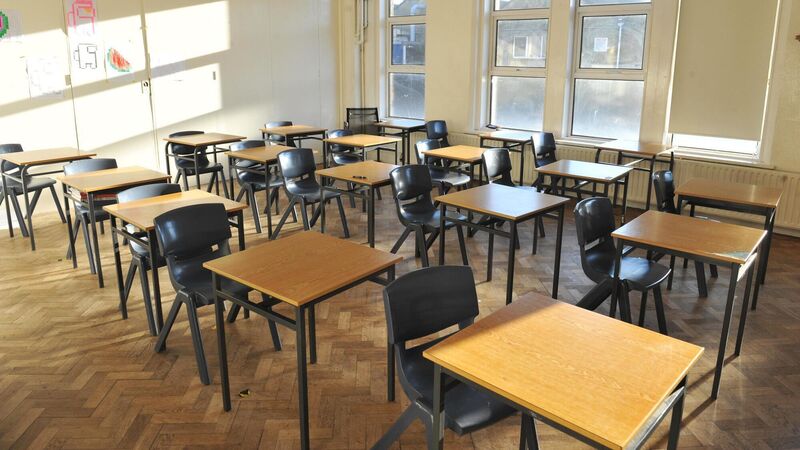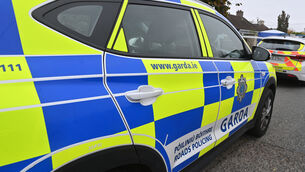Nphet: Not yet the time to consider reopening schools

Deputy chief medical officer Dr Ronan Glynn said his concerns are not directly for the school environment, but to do with 'mobility levels in the population.' Picture: Larry Cummins
It is not yet time to consider reopening schools and encouraging movement, Nphet warned even as they cautiously welcomed decreasing case numbers.
New modelling data shows that, while the daily case numbers dipped below 1,000 for the third time this week, the 14-day rate of infection is still four times what it was in early December, and about 100 times what it was in July.










